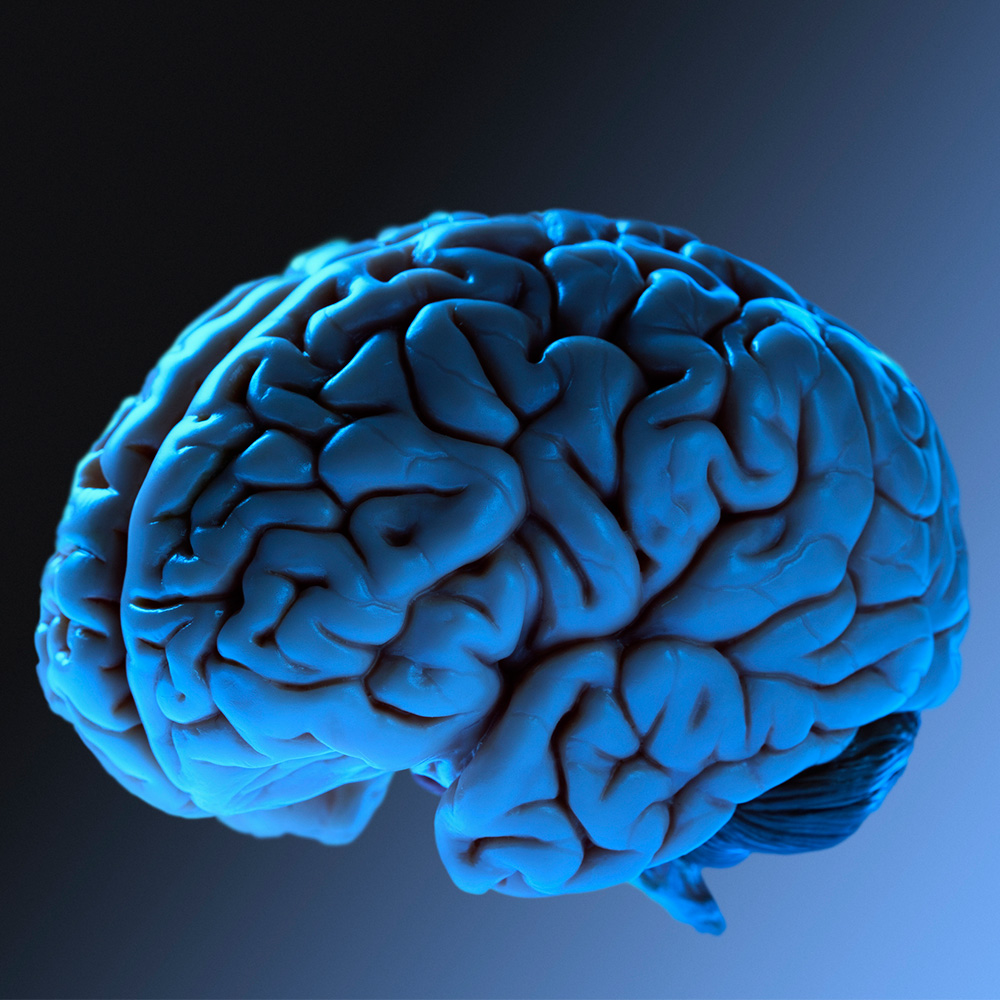Coping with mental anxiety from Hurricanes Harvey, Irma
DALLAS – Sept. 13, 2017 – Communities devastated by Hurricanes Harvey and Irma will spend years recovering from the destruction left in the storms’ wake.
But for some people, recovering from the emotional effects of exposure to trauma in these natural disasters may take much longer and require professional help, according to experts from the Peter O’Donnell Jr. Brain Institute at UT Southwestern Medical Center.

“Everybody who has been in a disaster is changed permanently in some way. You never forget it,” says Dr. Carol North, a crisis psychiatrist who has studied thousands of survivors of major disasters such as the Oklahoma City bombings and the Sept. 11 terrorist attacks. However, she adds, “Even though people are permanently changed by going through a disaster, they need not be damaged by their experience.”
Dr. North says it’s important to know the difference between normal distress and psychiatric disorders that may develop after disasters. Post-traumatic stress disorder (PTSD) develops on average in about 4 percent of Americans who experience natural disasters, but can occur in as many as a third of people with severe exposures to the most extreme disasters.
Many people may struggle with anxiety, lack of sleep, nightmares or irritability in the months after a traumatic experience. Most will recover within weeks to months, Dr. North says, but people whose symptoms persist or grow worse may have PTSD and face years or even decades of recovery.

Children who show initial signs of distress may recover more quickly if parents are calm and reassuring, says psychiatrist Dr. James Norcross. He also suggests filtering some of the news updates children may receive from television or social media.
“This can be overwhelming and scary for kids,” Dr. Norcross says. “But the good news is that kids are remarkably resilient.”
For people with short-term symptoms, Dr. North suggests a few coping techniques:
- Distraction – engage in absorbing or pleasurable activities such as games, music, movies or social events
- Relaxation – deep breathing, muscle relaxation
- Seeking comfort by being with others, especially family and friends
- Temporary pharmacotherapy targeting anxiety and sleep
About UT Southwestern Medical Center
UT Southwestern, one of the premier academic medical centers in the nation, integrates pioneering biomedical research with exceptional clinical care and education. The institution’s faculty has received six Nobel Prizes, and includes 22 members of the National Academy of Sciences, 18 members of the National Academy of Medicine, and 14 Howard Hughes Medical Institute Investigators. The faculty of more than 2,700 is responsible for groundbreaking medical advances and is committed to translating science-driven research quickly to new clinical treatments. UT Southwestern physicians provide care in about 80 specialties to more than 100,000 hospitalized patients, 600,000 emergency room cases, and oversee approximately 2.2 million outpatient visits a year.
###
To automatically receive news releases from UT Southwestern via email, subscribe at www.utsouthwestern.edu/receivenews.






